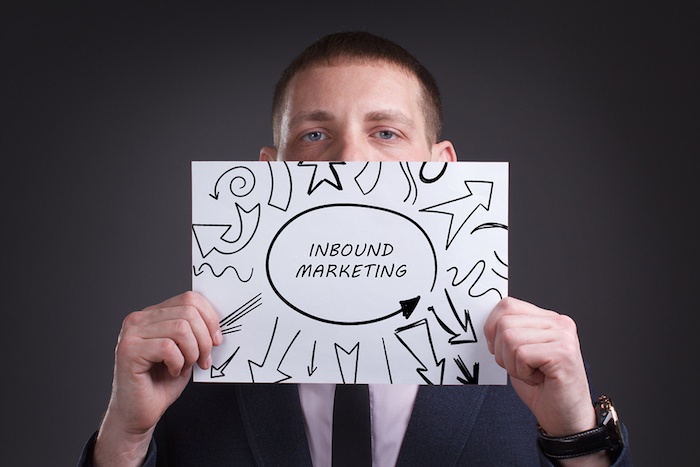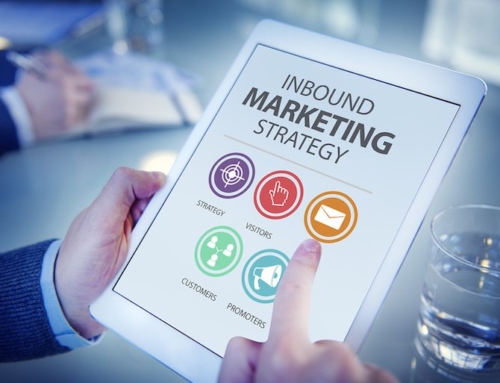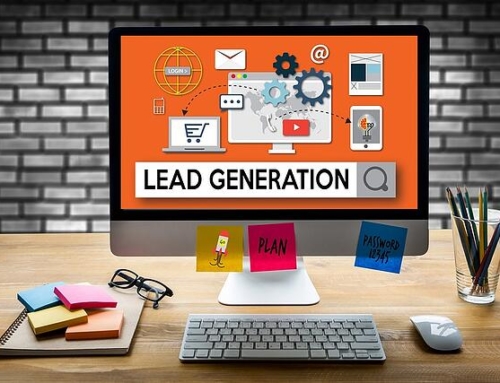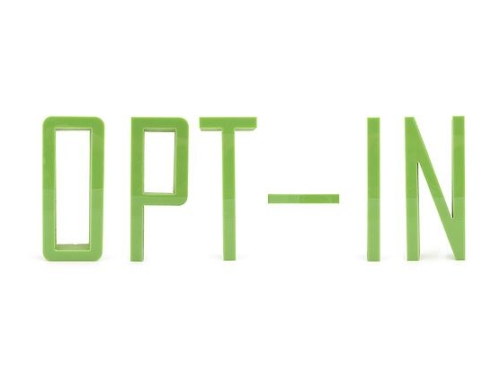Understanding how long Inbound Marketing takes
If you think that inbound marketing will help you boost your sales in just two months, you couldn’t be more wrong. Before you start with inbound marketing, it is essential that you understand that the results are long-term and aren’t always achieved immediately. It takes time to develop quality content and strong marketing offers which position you as an authority in your field.
The importance of Inbound Marketing
Many people dislike outbound marketing, and in the past few years, consumers have been able to increasingly avoid unwanted marketing messages. Now, because of Internet ad pop-up blockers, CAN-SPAM legislation, Caller ID, and RSS readers, people are able to tune out more marketing messages than before. Furthermore, even the trend of outbound marketing is falling. In fact, 91% of the population has unsubscribed from email lists, while 86% skips TV ads.
Is Inbound Marketing effective?
Inbound marketing is becoming increasingly more effective because it responds to the changing way that consumers research and purchase products and services. Years back, if a consumer had to research a product, he had to get in touch with the seller to find out more about the product, along with the options, pricing, and guarantees. Now, because of the Internet, consumers are able to research the product without contacting the seller at all.
According to the annual State of Inbound Marketing Report by HubSpot, companies that have increased their inbound marketing budget have achieved a lower cost per lead, boosting their sales close rates and shortening their sales cycles. Moreover, many marketers today have shifted their budgets from outbound marketing to inbound marketing.
How long does Inbound Marketing take?
As mentioned above, inbound marketing is a slow process which does not have immediate results. It can take anywhere between 6-9 months. However, not every company can achieve results in that specific time frame. Some companies will be able to see results after, or even before those 6-9 months.
One of the main reasons why inbound marketing does not have immediate results and is slower than the quick, outbound marketing ‘hit’ is because you have to build relationships. However, once you’ve built up enough momentum and continue with it, you will be able to see effective results for a long time.
Can the process be sped up?
There are several things which can speed up your inbound marketing machine such as:
- Developing buyer personas
- Keyword research
- Setting up a marketing automation software with automated workflows
- Establishing SMART objectives (specific, measurable, attainable, realistic, timebound)
- Building landing pages, segmented contact lists, and email newsletters
- Content, including regular blogging, webinars, ebooks, and videos
- Building a marketing dashboard of the analytics
- A content marketing strategy according to the sales journey of your persona
The first few steps alone can take anywhere between a few weeks to a few months, depending on your company’s ‘marketing readiness’ and how long it has been using outbound marketing. Similarly, if there is a lot of marketing competitiveness present in your particular business category, it will take time for your content to be discovered, shared, and found online by your prospects.
However, you can still increase your speed. One of the most efficient and effective way to speed up results is to increase your activity, especially premium content and blogging. According to a recent study by HubSpot, the more you increase these activities, the more leads, and traffic you will get – that is if your content is good and accurately mapped to your buyer’s journey.
Agencies that specialize in inbound marketing can help you get up and running quickly since they already have all of the bandwidth in place to handle what is needed to execute a campaign.










